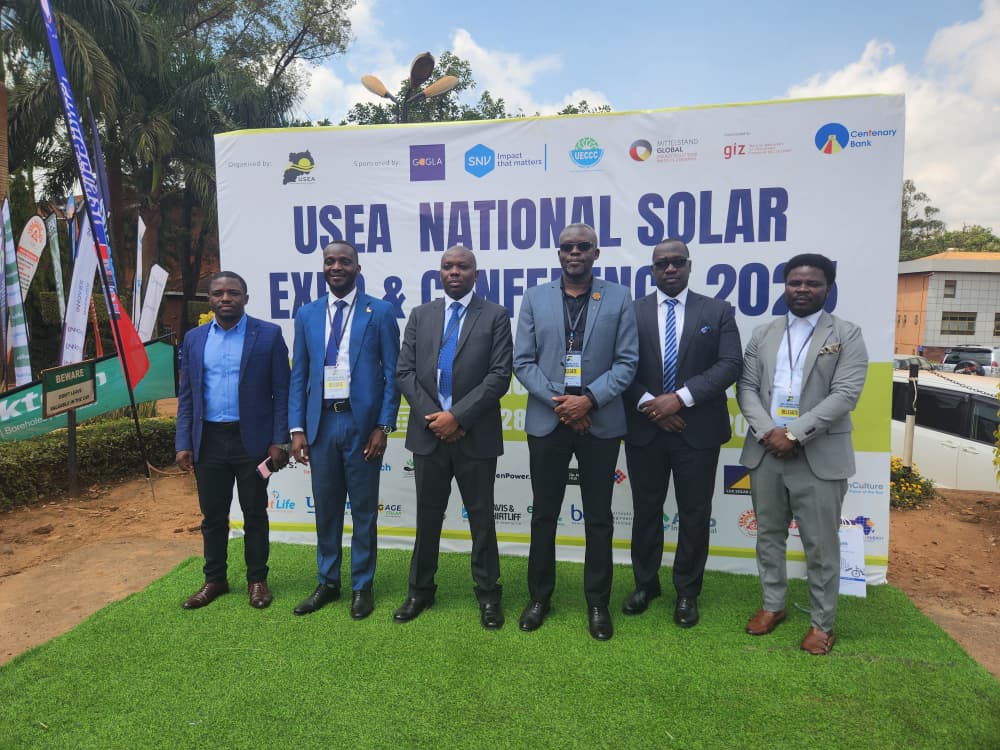
Uganda’s solar energy sector has renewed its call for stronger financing mechanisms and tougher quality standards as the country races toward universal electricity access. The appeal was made during the second National Solar Expo 2025 held in Kampala, where industry players, policymakers, and financiers gathered to discuss the future of renewable energy.
Currently, about 57 percent of Ugandans are connected to electricity, but access in rural areas remains below 20 percent. Solar power has emerged as a game-changer, contributing up to 28 percent of electricity access nationwide outpacing grid connections in some regions.
Despite this progress, the industry faces serious threats from counterfeit solar products and inconsistent government policies. According to Uganda Solar Energy Association (USEA) Chairperson Douglas Baguma Karugaba, protecting consumers from substandard products is critical to building long-term trust in solar energy.
“Solar is the most cost-effective way of ending energy poverty, but only if we ensure quality and affordability for the people who need it most,” Baguma noted at the Expo.
Industry leaders stressed that access to affordable financing is essential if Uganda is to close its energy gap. While government tax exemptions on solar equipment have helped, stakeholders argue that more targeted support is needed especially for productive-use applications such as milling, cooling, refrigeration, and e-mobility that can drive agricultural and industrial growth.
Encouragingly, financing interventions are beginning to pay off. The Uganda Energy Credit Capitalisation Company (UECCC), under the Electricity Access Scale-Up Project, has enabled 320,000 households and 150,000 enterprises to adopt solar energy in the past year through partnerships with local financial institutions. This approach reduces upfront costs, which remain a major barrier for many rural families and businesses.
The sector is also pushing to broaden the perception of solar beyond household lighting. By powering small businesses, agriculture, and transport, solar can strengthen resilience across Uganda’s economy while supporting national ambitions for universal access by 2030.
The Solar Expo, which runs until August 30, has become a rallying point for dialogue between government, financiers, innovators, and communities. Organizers say the focus is clear: ensure quality, expand financing, and unlock Solar’s potential to transform Uganda’s development path